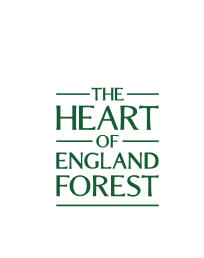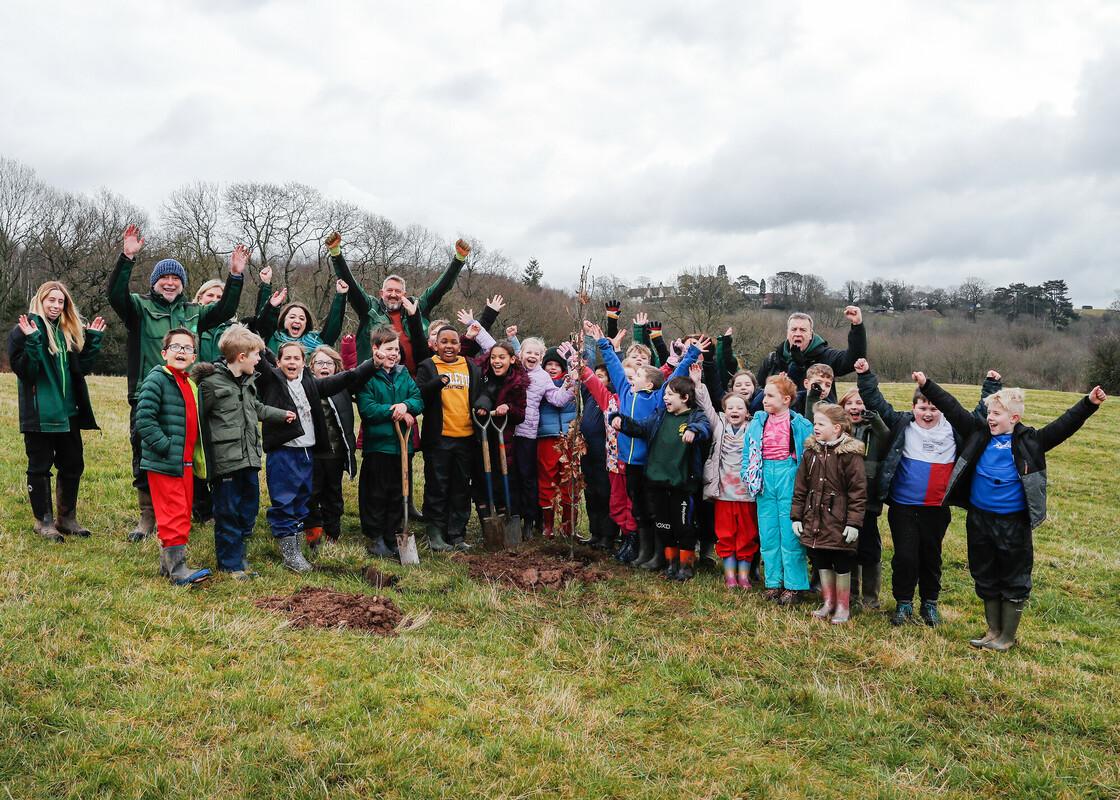
4. Learning and Skills
Our work to ensure that more young people and adults from a wider variety of backgrounds connect with the Forest is creating Future Forest Guardians that will care for the woodlands in the long-term.
Growing Future Forest Guardians project
Thanks to funding from the Green Recovery Challenge Fund (GRCF) the two-year project at our Gorcott Hill site will provide bespoke Forest learning programmes for schools, a tailored volunteering programme that develops skills and pathways into employment, and opportunities for more people to increase their connection with nature.
Exceeding our annual delivery statistics
In total we delivered 5,502 learning days for children and adults this financial year, a huge increase on our previous record of 3,385 in 2019/20. Importantly, the diversity of the groups we worked with also increased significantly enabling us to make an impact with disadvantaged pupils, improving their wellbeing, knowledge, and connection to nature.
Supported internship programme
This programme has changed the lives of six young people with Special Educational Needs and Disabilities (SEND). It involved a huge amount of collaboration, commitment, and drive across the charity to make it a success. All teams were all involved, going the extra mile, and giving the supported interns a wide variety of experience from across the charity, and have showed what we can achieve together.
Year in Review
This year we worked with more disadvantaged young people and adults than ever before. Our partnerships with Ark Kings Academy and Rednal Hill Junior School in Birmingham – both urban schools with high levels of pupils receiving free school meals – and our weekly sessions with Special Educational Needs and Disabilities (SEND) schools Welcombe Hills and Vale of Evesham, have enabled us to make an impact with disadvantaged pupils, improving their wellbeing, knowledge, and connection to nature.
Funding from the William A Cadbury Charitable Trust enabled year 4 pupils from Ark Kings Academy to attend the Forest for weekly sessions to expand their knowledge and experience base and enhance their learning back at school. Many of the pupils do not have the opportunity to spend time in the natural environment with their families, and as the school is in an urban area with little access to green space, outdoor learning opportunities are very limited back at school.

We welcomed our first school partners to Gorcott Hill, the home of our new Growing Future Forest Guardians project, which aims to engage young people from diverse backgrounds with hands on experiences in nature to foster lifelong connections with the natural world. As part of this project, we recruited a Gorcott Education Officer to create new partnerships with local schools, giving more students the opportunity to benefit from outdoor learning. Ellie started at the Heart of England Forest as the Learning and Skills Intern (GRCF), and we were delighted to enable her to continue her career with us.
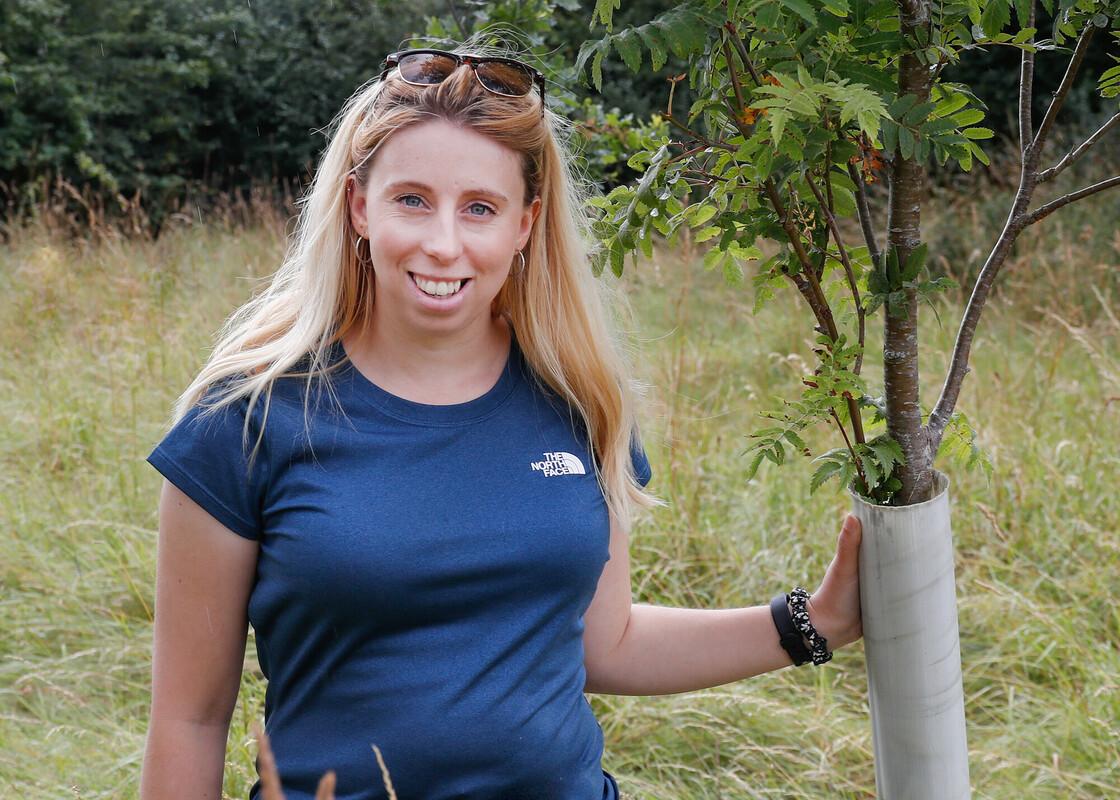
After the pandemic, our school partners are reporting long term negative impacts on pupils’ social development which impacts their relationships and their progress at school. This resulted in us developing new programmes.
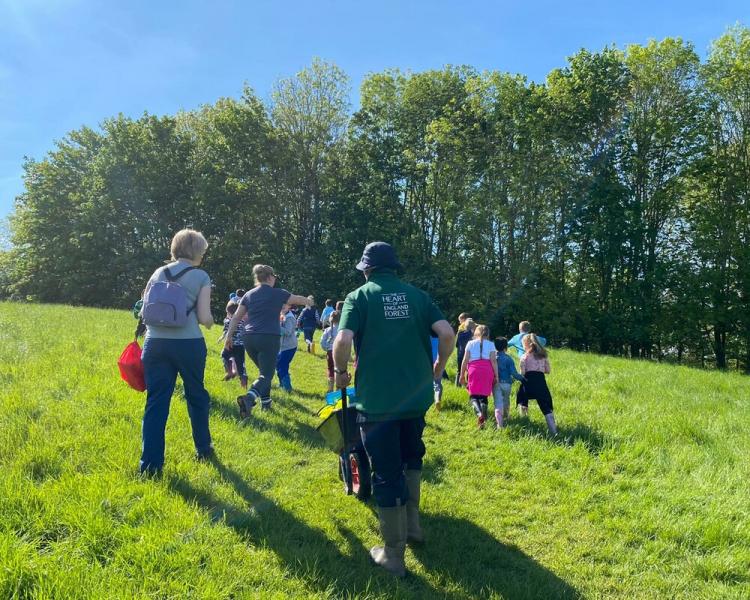
We reflected on our impact in cultivating the next generation of Forest Guardians in March when we welcomed pupils from our first partner school, Mappleborough Green C of E Primary School, to Gorcott Hill to plant the 2 millionth tree in the Forest. The pupils who were involved in the planting ceremony have enjoyed frequent visits to the Heart of England Forest as part of their Forest Learning Programme for the past four years. This has enabled them to develop a strong connection to the Forest and understanding of its importance, demonstrating the value of our learning and skills programme in growing our future forest guardians.
2021/22 also saw the launch of our supported internship programme, which supported six young adults with learning disabilities to gain work-related skills and learn about the world of work with the aim of preparing them for paid employment at the end of the academic year. The young people undertook three rotations to help them experience different aspects of our work: Forestry and Biodiversity, Horticulture and Maintenance, and People in the Forest. The supported interns have all developed into fantastic potential employees and have very much become part of our team.
We have spent time working with colleagues from across the Heart of England Forest, including the partnerships, volunteering, and community engagement teams, to develop ideas for engaging more diverse groups of adults in the Heart of England Forest. A new partnership with the Hindu Council of Central England has led to us working together to understand how their members would like to get involved in the Heart of England Forest. We are currently working together to understand the needs and interests of their community to be able to develop bespoke events.
As part of the Future Forest Guardians project at Gorcott Hill we have launched some new groups for adults including a work experience and practical skills group and a supported wellbeing action group.
The good humour, doggedness, and ability this group has shown has been truly inspiring."
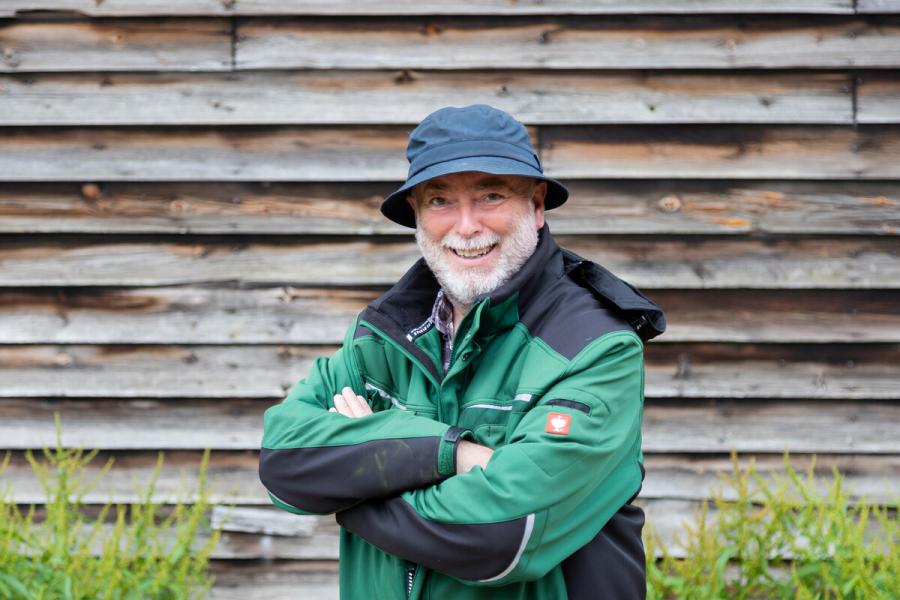
Challenges faced
COVID-19 continued to have a disruptive influence, both on our staffing when members of our team had to self-isolate, but also on school staff which meant that some visits were cancelled at short notice simply because the schools were not able to staff the visits. We continue to operate rigorous procedures to minimise the risks of COVID-19 transmission and keep our visitors, staff, and volunteers safe.
The Year Ahead
We have made good progress but need to do further work on engaging more young people and adults, including those with Special Educational Needs and Disabilities (SEND) from urban areas, and those from disadvantaged and under-represented communities.
Reaching out to schools in Redditch through the Future Forest Guardians Project at Gorcott Hill and developing our relationship with the Hindu Council of Central England and other community groups will be key. Developing our supported internship programme or other supported employment solutions, as well as supporting neurodiverse individuals and those with learning disabilities into paid employment, continues to be a priority for the charity.
We will undertake further development of our informal learning and skills provision, including for adult groups and early years children, with the aim of enabling these groups to benefit from time spent in the Forest.

